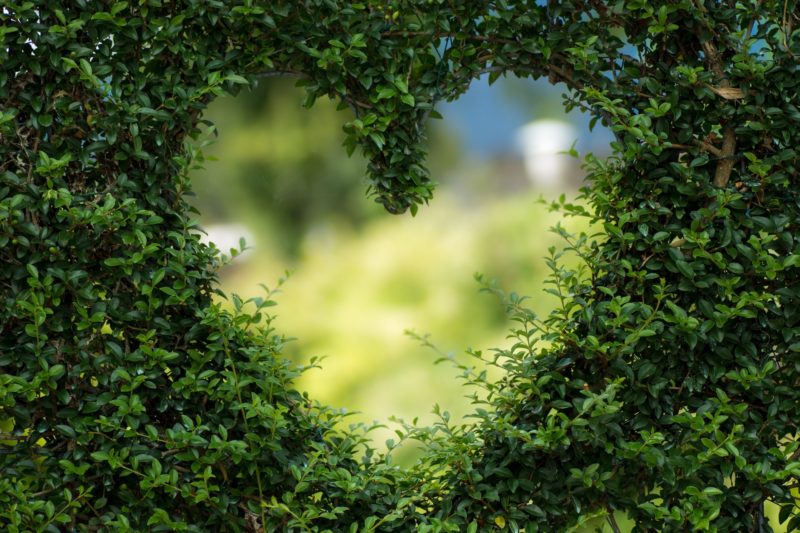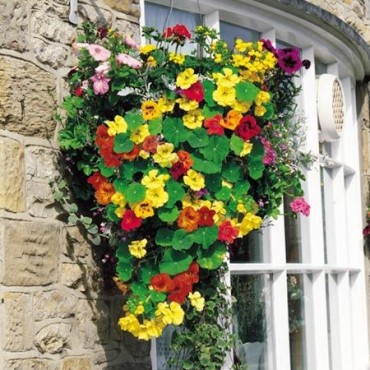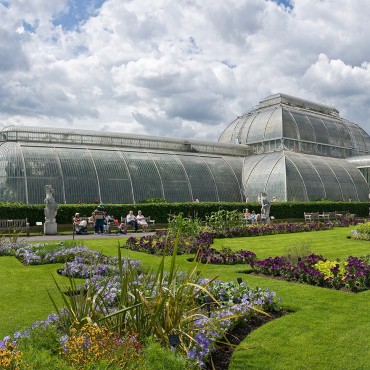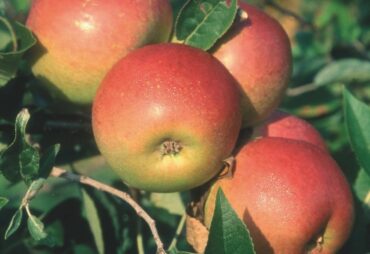As World Autism Awareness Week gets the world talking about living with autism, we’ve been thinking about the positive impact of gardening and outdoor spaces on mental wellbeing. We all know that getting out into the garden and connecting with the Great Outdoors can be a great way to switch off and recharge, but the power of gardening can have a huge influence on people with autism.
Sensory appeal
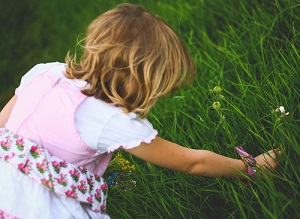
A haven from the stresses of the outside world, the garden can be a therapeutic patch of sensory stimulation for those with autism. Carefully chosen plants and flowers can maximise a garden’s sensory appeal with heady scents, tantalising textures and striking displays of colour. You can even pick out plants that make the perfect noise or add touches such as gravel paths to help create those soothing sounds.
Now, if the prospect of creating a sensory garden from scratch seems a little daunting, don’t panic, bringing your garden to life can be great fun as well as rewarding. You’ll find everything you need to turn your garden into a gentle oasis of touch, colour, smells and sounds…the perfect retreat from the challenges of facing the day with autism.
Creating your garden
With large domes of colourful buds, Skimmia Rubella are irresistible to restless fingers, and the sweet scent of their flowers attracts bees between April and May. For those calming scents, choose lavender, sweet pea, or the chocolately waft of the Cosmos plant.
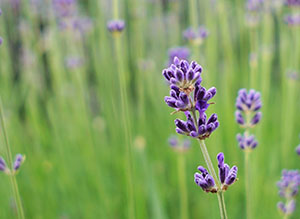
There’s something satisfying about wandering a garden and hearing the grass rustle as you pass, and simple touches such as Arundo Donax bamboo can help to add another layer of calm to your garden. Relaxing is often about the taste buds too, and whether you grow your own Moroccan mint, rosemary or chamomile, there’s something satisfying about growing your very own herbs.
For many people with autism, the joy of the garden is about far more than stepping into a quiet space and awakening the senses…it’s about feeling empowered. The active side of gardening can pose an opportunity to learn new skills and build up self-confidence in a relaxed environment, and there’s nothing quite as rewarding as seeing your own plants and flowers grow from seeds.
With this year’s RHS Chelsea Flower Show set to focus on the ways in which gardens can enhance our wellbeing, there’s never been a better time to make the most of the healing powers of the garden.
Last Updated on April 30, 2024 by Suttons Horticultural Team

